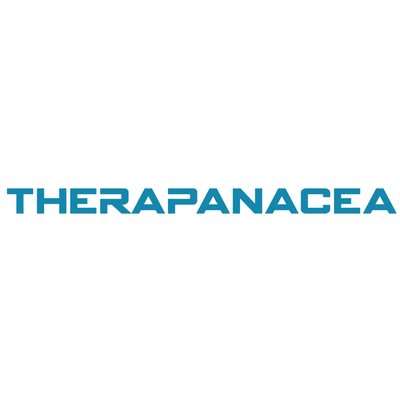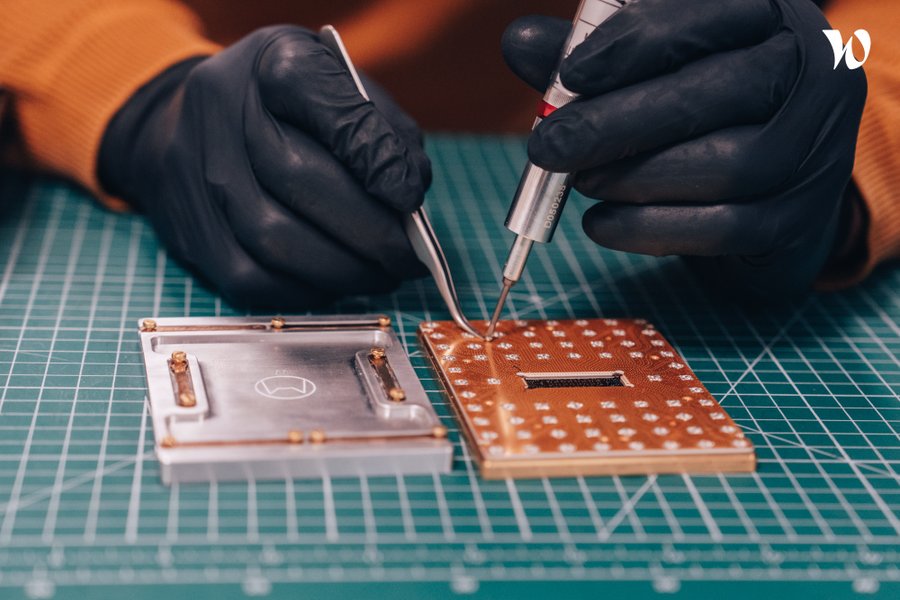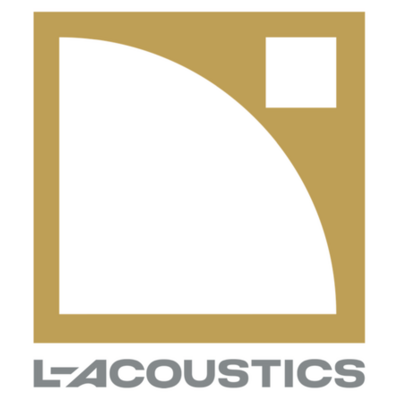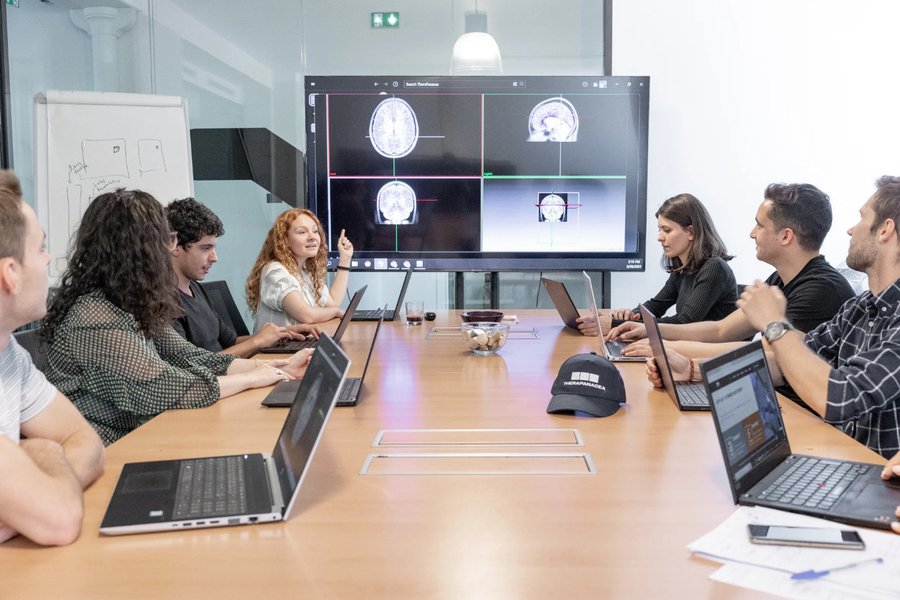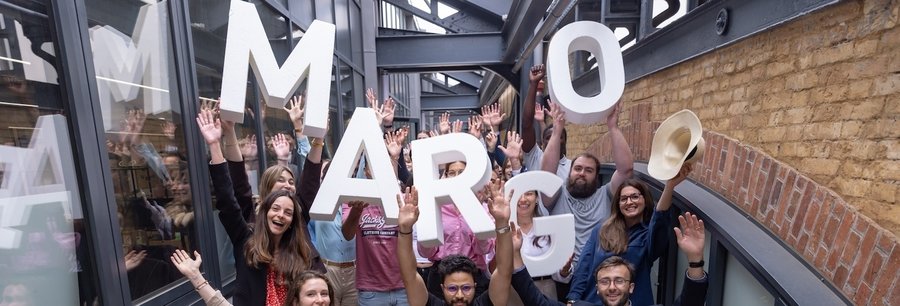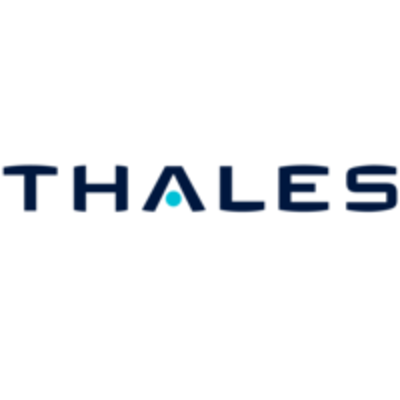PhD Position - Graph Neural Networks for Registration of 3D Multi-Modal Images
Le poste
Descriptif du poste
The accurate registration of 3D multi-modal medical images taken in different patient positions, such as supine and upright, is crucial for numerous clinical applications, including diagnosis, treatment planning, and monitoring disease progression. However, position changes and tissue deformations pose significant challenges to image registration, as they can cause substantial discrepancies between scans. These discrepancies can obscure critical in treatment implementation and impede the precise alignment necessary for effective clinical interventions.
This thesis aims to develop an innovative end-to-end framework leveraging deep learning to achieve precise registration between 3D multi-modal images taken at supine and upright positions. The primary objective is to develop a robust model that can recover bone structures and articulate models to align images accurately, accounting for positional changes and couple them with a dense deformation model to deal with tissue/anatomical changes due gravity. This model will be designed to automatically adjust for anatomical variations and the complex, non-rigid deformations that occur when a patient shifts from one position to another. Prostate cancer treatment delivery where registration between supine MR scans and Upright CT scans in the context of radiotherapy with a prospective clinical trial/evaluation will be used to demonstrate the clinical relevance of the developed technology.
Profil recherché
MSc/MEng in Computer Science, Applied Mathematics, Statistics, or Related Field
The ideal candidate for this research should possess an excellent academic background, with a MSc/MEng in computer science, applied mathematics, statistics, or a related field. This foundational knowledge is crucial as it provides the essential theoretical and practical skills needed to develop and implement complex algorithms. Courses in algorithms, data structures, software engineering, and numerical methods will equip the candidate with the ability to design efficient computational models. lgorithms.
Prior Experience in Machine Learning / Deep Learning
The candidate should have prior experience in machine learning and deep learning, as these are the core technologies driving the integration of radiological imaging, histopathology, and clinical data in this project. The candidate should be familiar with different types of neural networks, including convolutional neural networks (CNNs) for image processing, recurrent neural networks (RNNs) for sequential data, and generative adversarial networks (GANs)/diffusion networks for data augmentation and synthesis. Additionally, experience with model training, hyperparameter tuning, and performance evaluation is essential. Practical projects or coursework involving the implementation of supervised, unsupervised, and reinforcement learning algorithms will be highly beneficial.
Prior Experience in the Use of Machine Learning in Healthcare - Exposure in Imaging will be Greatly Appreciated
Moreover, prior exposure to medical imaging will be greatly appreciated. This might refer to experience in processing and analyzing various types of medical images, such as X-rays, CT scans, and MRI scans. Overall, the candidate should bring a blend of strong theoretical knowledge, practical machine learning skills, and domain-specific experience to contribute effectively to the development of an integrated model for lung cancer diagnosis and prognosis. This combination will enable the candidate to navigate the complexities of multimodal data integration and create a robust, clinically relevant tool that can significantly impact patient care.
Funding and Eligibility Information
This PhD position is funded within the framework of an EU excellence network, providing a unique opportunity for candidates to engage in cutting-edge research and collaborate with leading experts across Europe. Eligible candidates must meet the following criteria:
Residency Requirement: Applicants can be of any nationality, could have spent maximum 12 months in France during the last three years prior to the start date of the PhD.
Mobility Requirement: Candidates must be willing to spend time at partner laboratories in other EU countries, including Germany, Austria, Switzerland, and the UK. This mobility component is essential for fostering collaboration, gaining diverse research experience, and leveraging the strengths of multiple institutions within the network.
This funding opportunity not only supports research excellence but also promotes cross-border knowledge exchange and professional development in a dynamic, multi-cultural environment.
Envie d’en savoir plus ?
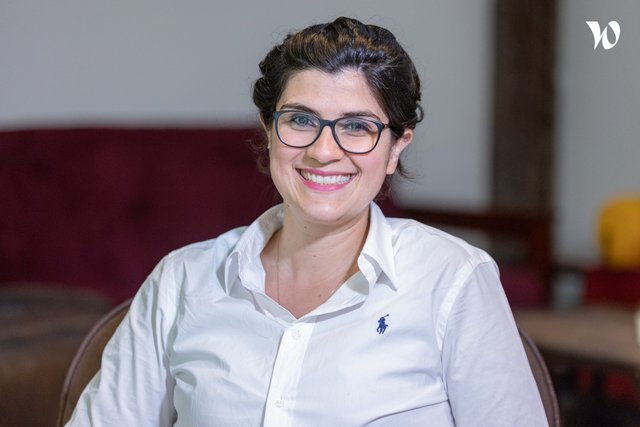
Rencontrez Thais, Clinical Partnership Manager
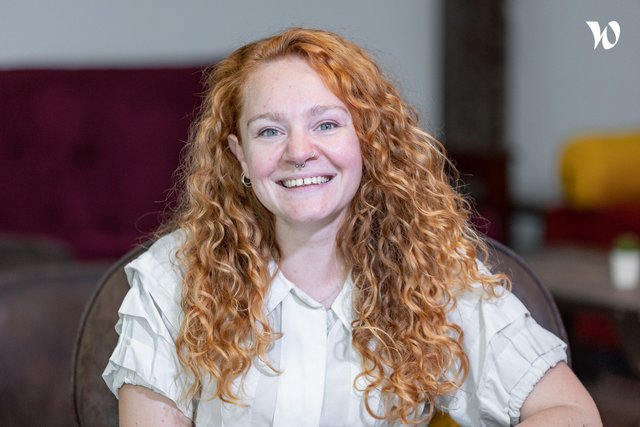
Rencontrez Despoina, AI Team Manager
D’autres offres vous correspondent !
Ces entreprises recrutent aussi au poste de “Basic and Applied Research”.


